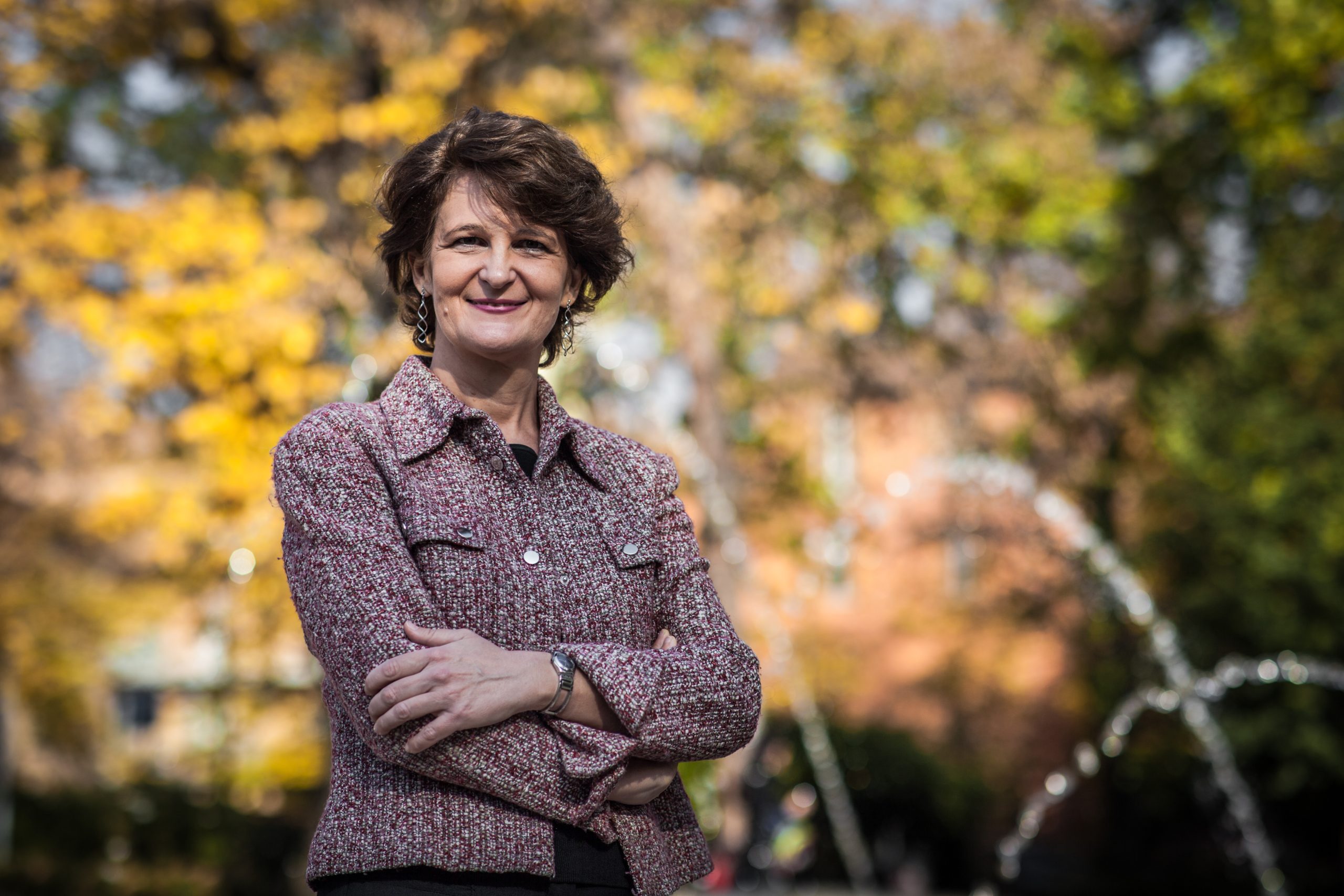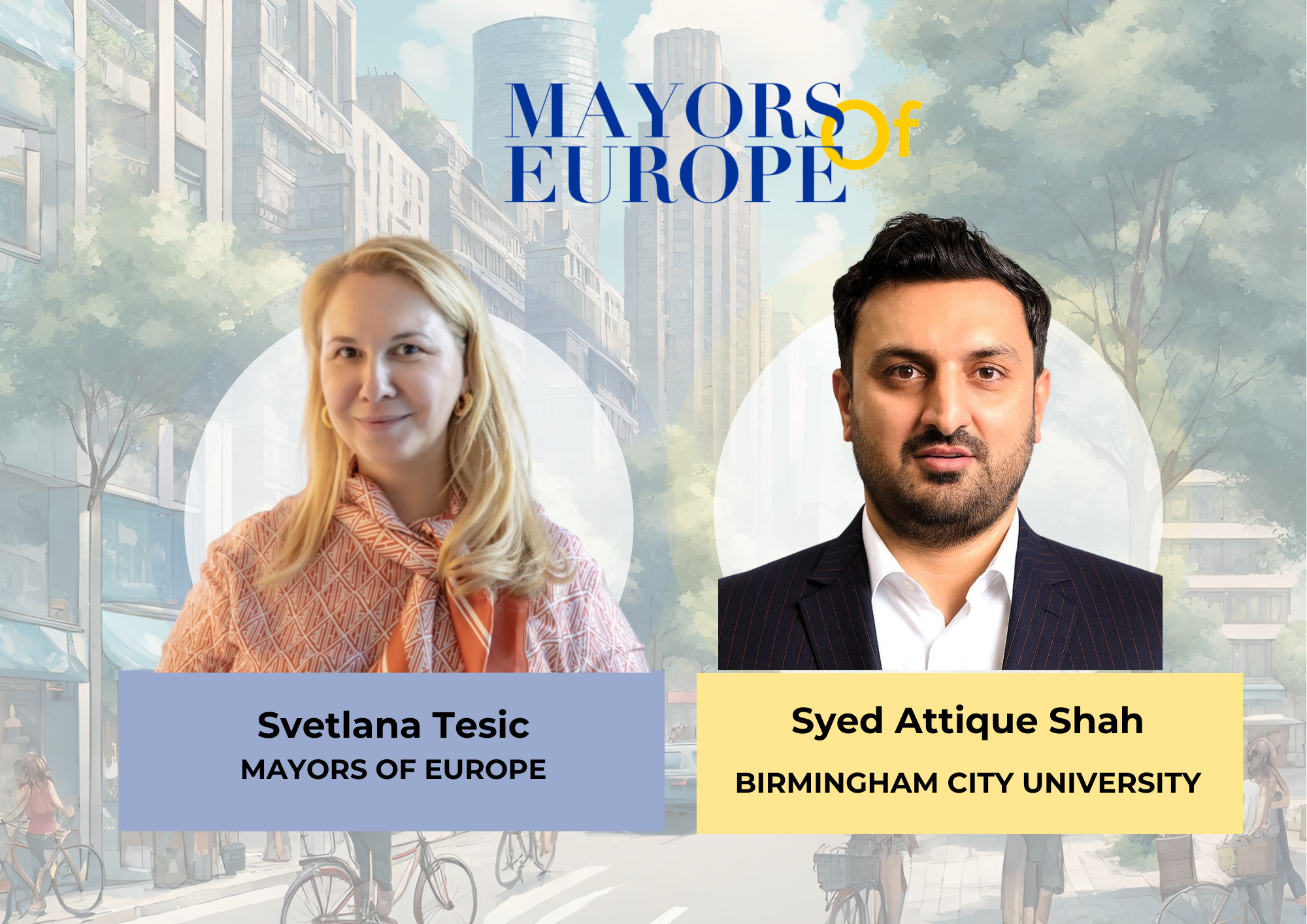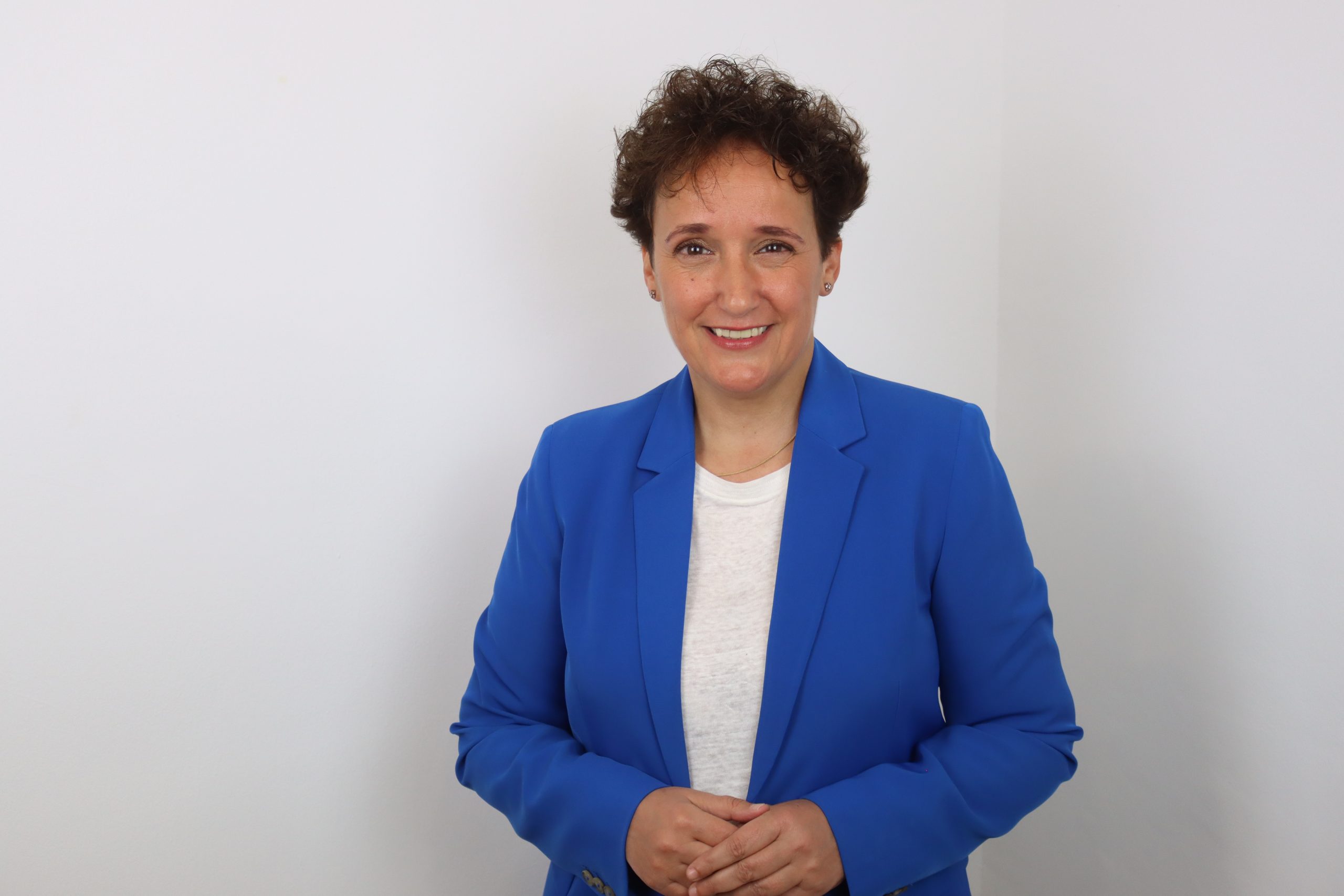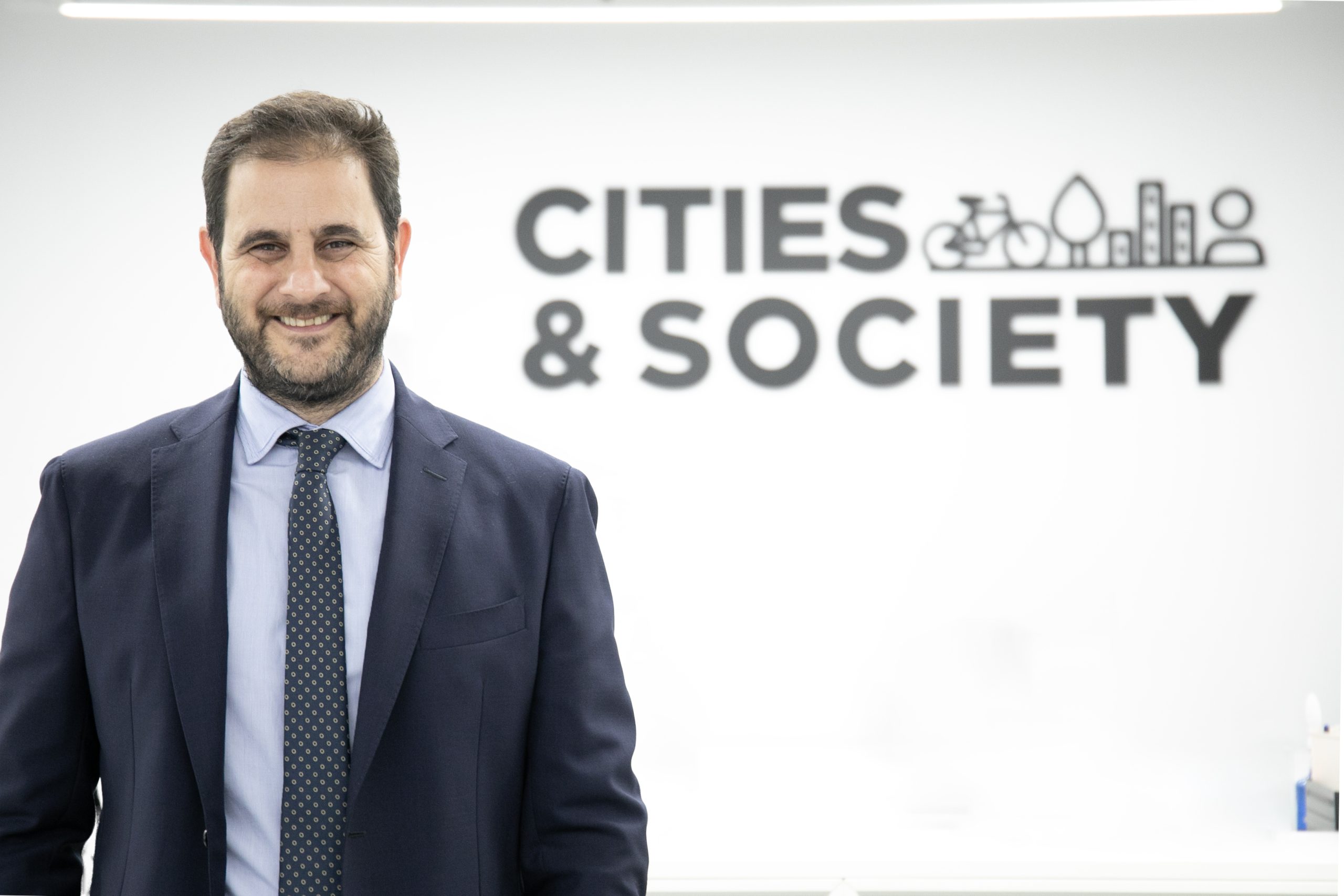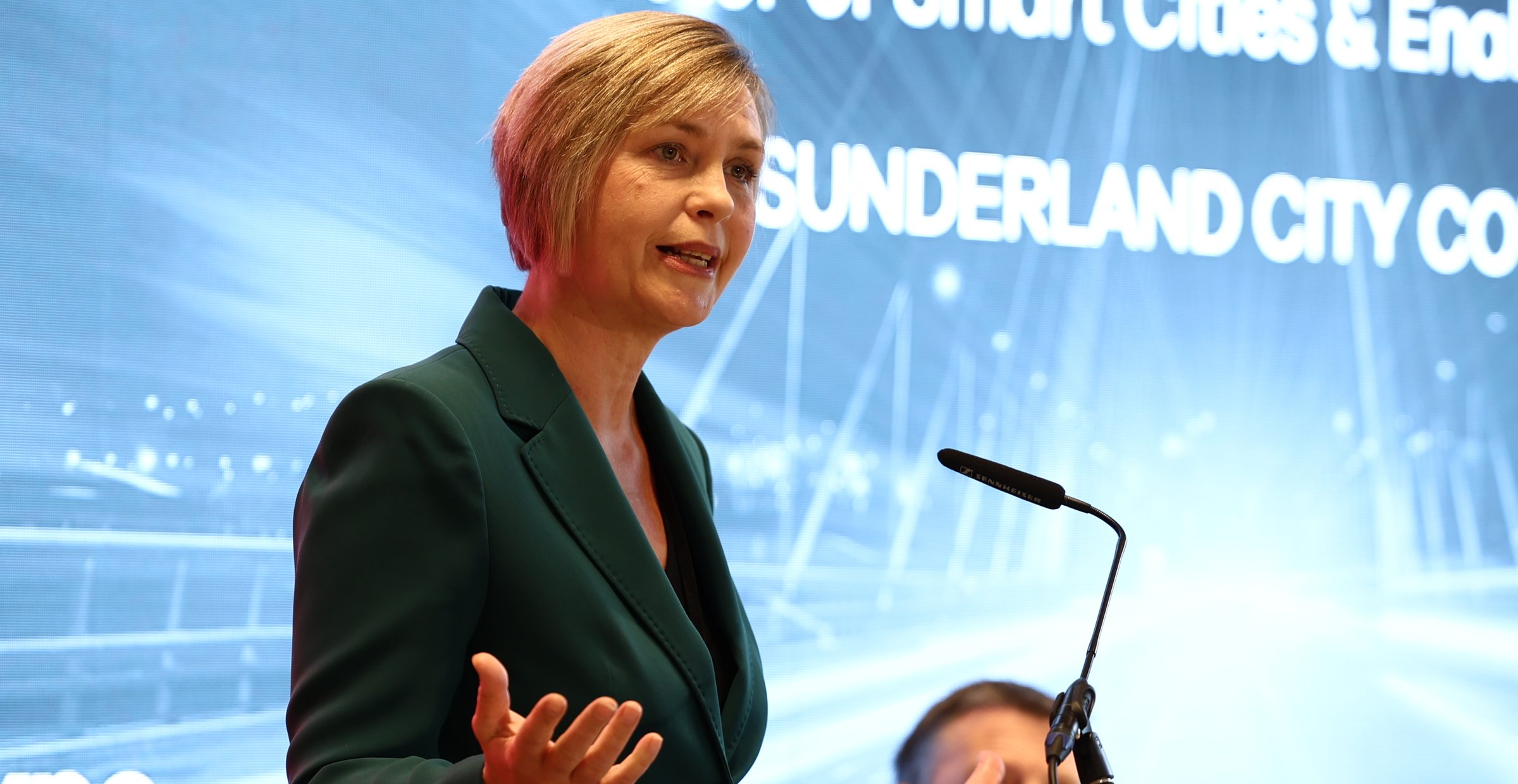- en
Malta remains Europe’s most LGBTQI friendly destination
In Europe, the rights affecting lesbian, gay, bisexual, transgender and queer people greatly vary by country. The Netherlands was the first European country to allow same-sex marriage in 2001, followed by Belgium in 2003 and Spain in 2005. People living in different European cities also enjoy different levels of freedom.
The International Day Against Homophobia, Transphobia, and Biphobia (IDAHOT) was established in 2004 to raise awareness about the violence and discrimination faced by lesbian, gay, bisexual, transgender, and intersex people, and all other people of various sexual orientations. Since then, IDAHOT has been marked around the world every year on May 17.
During this year’s IDAHOT, mayors of numerous European cities shared messages of support and promoted acceptance and equality of people with diverse sexual orientations. Around the same time, advocacy group ILGA-Europe published the 11th Annual Review of the Human Rights Situation of Lesbian, Gay, Bisexual, Trans, and Intersex People in Europe and Central Asia. The publication documents improvements and trends in the human rights situation of LGBTI individuals at the national, regional, and international levels.
Since October 2015, ILGA-Europe has ranked Malta first among 49 European countries in terms of LGBT rights legislation, a position it still holds today. The rankings are based on how each country’s laws and policies affect the lives of LGBTQI people. Malta remains the highest country on the Rainbow Europe Map, with a score of 92 percent, which is another confirmation of country’s reputation as one of the most LGBTQI-friendly countries in Europe.
Malta has seen a clear and positive trend towards increased cultural acceptance of LGBTIQ people in all spheres of life, especially in last several years. In 2016, Malta became the first European country to ban the conversion therapies, with anyone convicted of attempting to change, repress, or erase a person’s sexual orientation facing a fine or prison sentence. Maltese cities can be considered extremely diverse, inclusive and safe, which is why they continue to draw a significant number of LGBTQI travelers all year round.
Malta’s capital, Valletta, is home to a very vibrant LGBTQI scene, with the majority of the island country’s gay bars and clubs located there. EuroPride, a pan-European international LGBTI celebration hosted by a different European city each year, will be held in Valletta for the first time next year, marking another significant milestone for the tiny Mediterranean country.
‘’After announcing its support for Euro Pride 2023 last year, the Ministry for Justice, Equality and Governance signed a grant agreement with the organisers in May. The 300,000 euro grant will be disbursed over the course of the next three years,’’ it was stated in the annual review published by ILGA-Europe.
According to the organizers, one of the main goals of Valletta’s EuroPride will be to provide a platform for LGBTIQ+ issues around the world to be addressed and discussed.
EuroPride Valletta 2023 stated on the official website: ‘’The Maltese LGBTIQ+ Community is a proud part of a European LGBTIQ+ Movement, but also finds itself at the heart of the Middle East and North African regions where equality is still a far cry. With Malta ranking top of the ILGA Rainbow Index for five years in a row, it is our duty to work constantly in achieving full equality from the heart in Malta as well as in neighbouring communities where LGBTIQ+ phobia and lack of human rights are still rife.’’ (photo credit: janeb13/Pixabay)






